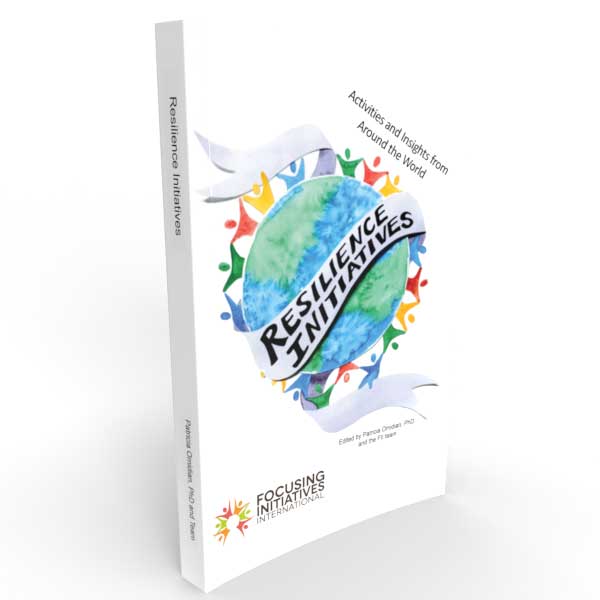Reflections and the Empathic Moment: What Happens
[This is an abridged article written by Dr. Klein in 2001. References to on-going work are preserved as part of the original article. At the Center for Interactive Focusing, we hope one day, with the help of members of the Interactive Focusing Community, to carry on some of the ideas for further study that Dr. Klein describes in articles like this one.]
By Janet Klein, Psy.D.
I am in the midst of doing a study about how different kinds of listening responses are experienced by both the Focuser/client and Listener/therapist.
This is part of that study:
Kevin McEvenue and Janet Klein explore reflections and the empathic response, experientially.
12/1/01
I had left a message for Kevin about a week ago telling him about a project I am working on and asking him if he could get something to process with me interactively, hopefully, something between us.
My project-
My project design was simple, but what I am tracking is the most complex part of the therapy process: If our intention is to listen with empathy, and if we think that empathy provides a good enough environment in which healing can occur, how is this conveyed? What do we do in the form of our listening presence and praxis that provides that which will be experienced as an empathic container? And it would be important to note that empathy needs to be experienced on both sides, on the side of the Focuser/client and on the side of the Listener/therapist.
The design-
The design was based on the feeling I have that, in the Interactive Focusing process, there is a distinct difference between what is done and what happens during the reflective responses and what is done and what happens during the empathic response of the double empathic moment.
I wanted to track this experientially. I wanted Kevin to choose something to process with me. I wanted to first listen with reflective responses. I then wanted to continue to the double empathic moment and share our empathic responses. When we came this far, I wanted to experientially process how the listening was for him, what happened for him and what happened between us in terms of feeling heard, feeling understood and in terms of relationship. I, of course, wanted some comment on the quality of felt empathy. I wanted him to comment on the reflective responses first and then on the empathic response.
In addition, I wanted to experientially process what happened for me, the listener, in both instances, following the same set of questions I asked of Kevin, the Focuser.
